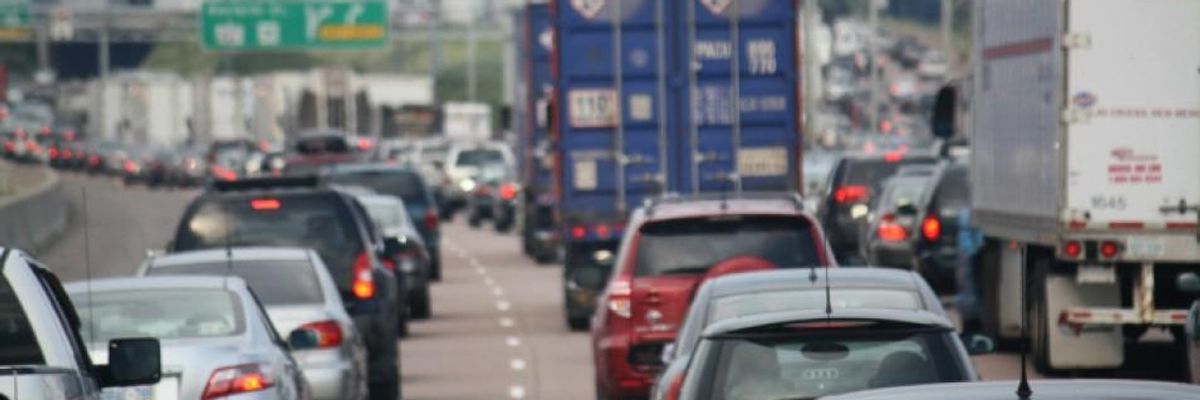As most of us stay hunkered down at home, we can already see a clearing of the air. There are reports of dramatically lower air pollution and smog around the world. Los Angeles saw a 29% drop in air pollution in March, and the nitrogen dioxide in the air from Boston to Washington is at the lowest level since 2005. The International Energy Agency is projecting an 8% drop in global carbon dioxide emissions this year.
This situation is unlikely to last unless we act. The 2008 financial crisis showed that the rebound in emissions as the economy recovers can far exceed the original decline. Moreover, economic recovery funds could end up reinforcing the old economy rather than promoting green technologies. Against these headwinds, the key to emerging from this pandemic with a climate plan may well be the changes in behavior and awareness that are taking root.
Perhaps the biggest change we have seen during this pandemic is how business is conducted. Anyone dealing with data or information, writing code or designing products, processing loans or advising clients, is now working remotely from home. We have had the technology to support telework for about 20 years now, but even tech companies have been slow to adopt a culture of remote work. Yahoo's CEO famously sent out a no-work-from-home memo to employees in 2013, and other large corporations reduced or eliminated telecommuting in the past decade.
A post-pandemic national project to cut transport emissions voluntarily can be a win-win proposition.
All this changed in March as many companies switched to remote work, led by tech companies like Amazon, Google and Facebook. Some companies have already told their employees that they can work from home till end of the year. While we have known that employees are more efficient and happier when they have this flexibility, there is another important benefit: remote work can be a key piece of the climate puzzle that we need to solve this decade in order to bend the emissions curve and get on a clear downward trajectory.
Greenhouse gas emissions from passenger cars and air travel add up to more than 15% of net US national emissions. We could put a significant dent in passenger transport emissions if many white collar employees continue to work from home all or part of the time and if businesses replace a large part of air travel with video conferences. For example, if we can reduce the passenger miles driven by 25% and miles flown by 50%, we can cut national emissions by nearly 5%. In an era of steadily increasing emissions, any such reduction would be a big initial step toward taking charge of the climate.
A post-pandemic national project to cut transport emissions voluntarily can be a win-win proposition. Employees would enjoy the flexibility to work from home at least part of the time, while saving money spent on gasoline. Employers would benefit from productivity increases as well as cost savings from eliminating business travel and down-sizing office spaces. Communities would see reduced rush-hour traffic and pollution while spending less on road maintenance.
In addition, employers would be able to take credit for all of the avoided emissions from employee commuting and travel. These are part the so-called scope 3 emissions which most companies have found difficult to reduce, so these savings could come in handy as businesses move to more rigorous and widespread carbon accounting this decade.
Individuals, fresh from sheltering at home and appreciating the value of mobility, can take this even further by being thoughtful about where and how they travel. Perhaps a future vacation to Europe could be replaced with a road trip closer to home, resulting in savings of a few tons of carbon emissions per family. We may still need to use air travel occasionally for visiting family members living in another part of the country or when our children travel to and from college in another state, but carefully considering the need to get on an airplane can make a big difference to the emissions that we cause as individuals.
We could have done all this and more without waiting for a life-changing pandemic. But as we come out of this pandemic with an altered business landscape and more awareness of our personal consumption patterns, we have a rare opportunity to make sure that the planet's climate doesn't become an even bigger crisis than the one we are battling now. Transport emissions are just the low-hanging fruit that we should go after as a first step.
